- Your cart is empty
- Continue Shopping
Overview of Dytor MD 20 Tablet
Dytor MD 20 Tablet is a type of diuretic, commonly known as a water tablet. It is prescribed to help reduce fluid retention (edema) caused by conditions such as heart failure, liver disorders, or kidney problems. Additionally, it is used to manage high blood pressure.
This medication assists the body in eliminating excess water and salt through urine. Depending on the condition, it may be used on its own or alongside other treatments as directed by your healthcare provider. It can be taken with or without food, and it is important to take it at the same time each day. To minimize nighttime trips to the bathroom, it is best to avoid taking it within four hours before bedtime.
Continuing the treatment as prescribed is crucial, even if you start feeling better. Stopping the medicine without consulting your doctor can lead to a worsening of your health. Making positive lifestyle changes, such as lowering stress, cutting back on salt, and quitting smoking, can enhance the benefits of this medication.
Some of the side effects that may occur include headache, dizziness, dehydration, low blood pressure, and stomach upset. These effects are usually mild and temporary. If they persist or cause discomfort, it is advised to consult your doctor.
Before starting this treatment, discuss any liver conditions with your doctor. Pregnant or breastfeeding women should also seek medical advice before use. Regular checks on kidney function and electrolyte levels are recommended while taking this medication. It may lower potassium levels in the blood, and your doctor may suggest consuming potassium-rich foods such as bananas and coconut water or taking supplements if needed.
What Dytor MD 20 Tablet is Used For
Managing high blood pressure
Supporting treatment for heart failure
Reducing swelling caused by fluid accumulation
Controlling elevated calcium levels in the blood
Advantages of Dytor MD 20 Tablet
For Edema Management:
By promoting urine production, this tablet helps your body eliminate excess water, reducing swelling and symptoms like breathlessness. This relief makes it easier for you to stay active and engage in daily tasks confidently.
Side Effects of Dytor MD 20 Tablet
Most side effects are not serious and tend to resolve as the body adjusts to the medicine. However, if symptoms persist or cause concern, contacting your doctor is recommended. Common side effects include:
Headache
Dizziness
Dehydration
Constipation
Low blood pressure
Stomach discomfort
How to Use Dytor MD 20 Tablet
Take the medicine exactly as prescribed by your doctor. Avoid handling the tablets with wet hands. Place the tablet in your mouth and swallow it whole without chewing or breaking it. The tablet may be consumed with or without food, but taking it at a consistent time daily is advised.
How Dytor MD 20 Tablet Works
This diuretic works by increasing urine production, which helps the kidneys remove excess water and certain electrolytes from the body. This reduction in fluid helps lower blood volume and blood pressure, improving heart function and relieving symptoms associated with edema.
Precautions and Safety Information
Alcohol:
It is unclear whether alcohol interacts safely with this medication. Please consult your doctor before consuming alcoholic beverages.
Pregnancy:
The medicine is generally considered safe during pregnancy when prescribed by a healthcare professional. Animal studies have shown minimal risk, though human data is limited.
Breastfeeding:
Dytor MD 20 Tablet is likely safe during breastfeeding, with limited evidence suggesting no significant harm. Consult your doctor before use.
Driving:
This medication may cause drowsiness, dizziness, or impaired vision. Do not drive if you experience such symptoms.
Kidney:
The medication is typically safe for individuals with kidney disease, and dose adjustments are not usually needed. However, inform your doctor if you have kidney issues that prevent urine production or are due to other medications.
Liver:
Caution is advised when using this medication in patients with liver disease. Dose adjustments may be required, so it is important to consult your doctor.
Vendor Information
- Address:
- No ratings found yet!




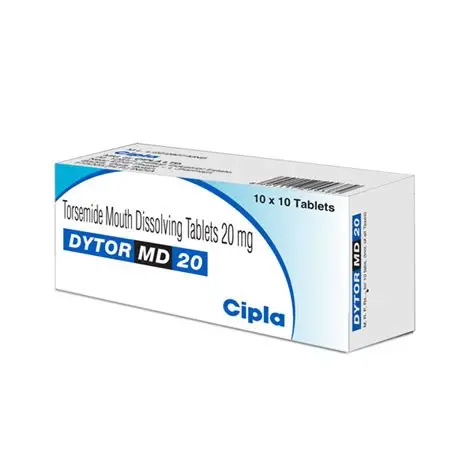
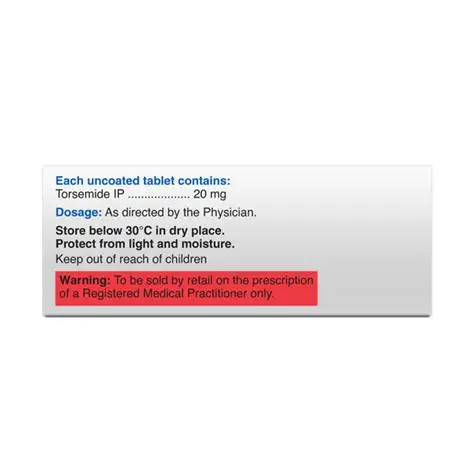
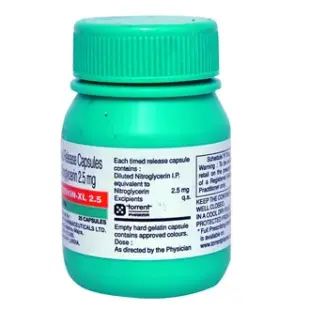
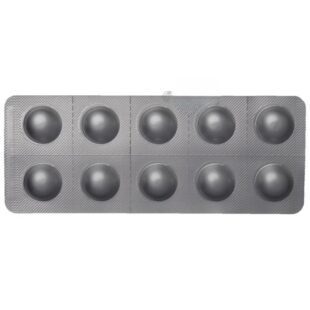


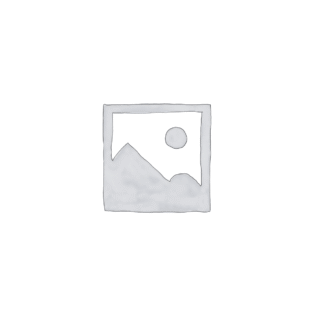

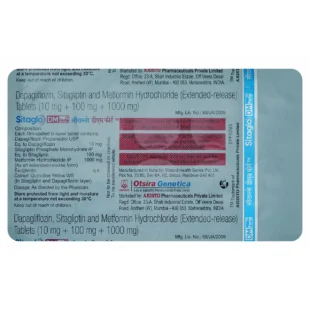
Reviews
There are no reviews yet.